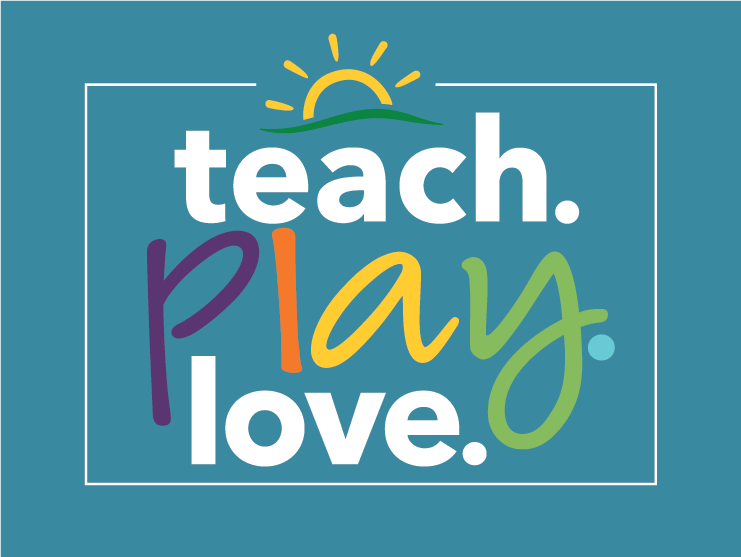Chores aren’t just about having a spotless house (although, that is a bonus!) They are about teaching your children valuable life skills and fostering a sense of responsibility within the family unit.
What are the benefits of chores for kids?
When your kids help with tasks, they are also learning valuable lessons that will aid in their development.
Building a strong self-concept
By taking ownership of tasks and contributing to the household's well-being, children develop a sense of self-worth and competence. They learn to identify their strengths, understand the value of their efforts, and gain confidence in their ability to accomplish goals. Children can see themselves as part of the larger community and contributors to their environment.
Executive function skills development
Chores for kids provide a practical training ground for executive function skills, which are crucial for planning, organization, and self-regulation. As children navigate routines like sorting laundry or setting the table, they practice decision-making, prioritizing tasks and time management, and managing steps within a larger process.
Impulse control and delayed gratification
Completing chores often requires children to resist immediate desires in favor of a longer-term goal, like enjoying a clean play area after putting away toys. This fosters impulse control and the ability to delay gratification, essential skills for academic success and emotional well-being.
Promoting mental health
The act of contributing to the family and seeing the tangible results of their efforts creates a sense of purpose and accomplishment in children. Chores for kids can help boost self-esteem, reduce feelings of helplessness, and contribute to overall positive mental health. While initially, it may not seem that your child is too thrilled with the idea of chores and household responsibilities, a strong self-concept and a sense of belonging and significance are part of what drives happiness in young children.
Preparing for future independence
By learning to manage household tasks, children gain practical skills that will benefit them when they live independently as roommates, partners, or young adults. They become better equipped to handle everyday responsibilities and navigate shared living situations with confidence.
Starting your kids out with chores: Laying the foundation
Whether you’ve been doing this since day one or are reevaluating your family’s structure in the home, working together as a family will be key. To be successful in gaining cooperation and contribution with family and household tasks:
- Come together as a family to brainstorm household tasks
- Work together to think of fun ways to rotate jobs; will you create a chore spinner wheel? A color-coded chart? Pick out of a jar and assign responsibilities before the week/month/year starts?
- Take time for training. Ensure that you are easing into these responsibilities by walking through them and ensuring your child has what they need to be successful. Learning a new task takes time and practice, and eventually, your child will be able to do it with minimal to no support.
- Come back together as a family to discuss any roadblocks or challenges and focus on finding solutions.
Remember, you are not striving for perfection, so keep that in mind when discussing task assignments. If you know you want the outcome of the chore a particular way, consider saving that task for your list. This ensures you are celebrating the process and effort of your child’s contribution, rather than focusing too much on the end result. Children as young as toddlers can participate in simple household tasks. As children develop memory and motor skills, parents can gradually increase the complexity of chores, ensuring age-appropriateness and providing clear instructions.
Chores for kids by age group
- Toddlers: Focus on building routines and simple tasks like putting away toys, getting a play item off the shelf, turning the lights off when leaving a room, wiping spills, or sorting laundry by color. Focus on tasks with only one step (or be mindful of giving one step at a time).
- Preschool: Begin to assign specific chores that work on memory retention and increase in complexity. This includes setting the table, clearing plates after meals, wiping counters, helping to fold laundry, and unloading/loading the dishwasher.
- Elementary School: Increase responsibility with chores that require more planning and execution, such as vacuuming, making their beds, helping with meal preparation (age-appropriate chores for kids like stirring or setting the table), or taking out the trash.
- Teenagers: Assign more complex chores including laundry, yard work, pet care, basic car maintenance (appropriate for older teens), taking out recycling, or helping with meal planning and cooking.
Creating a positive chore experience for your kids
- Focus on effort and contribution: Shift the emphasis from achieving perfection to acknowledging the child's effort and contribution to the family. Celebrate their willingness to help, regardless of the final outcome.
- Offer praise and recognition: Positive reinforcement goes a long way in motivating children. Verbally acknowledge their accomplishments, express gratitude for their help, and highlight the positive impact their chores have on the household.
- Empowerment through choice: Whenever possible, provide children with choices about how to complete their chores. This fosters a sense of ownership and agency, making the task feel less like a burden and more like a collaborative effort.
- Strategic use of incentives: Incentives can help establish routines, but parents should gradually reduce their reliance on them as children internalize the importance of chores. The ultimate goal is to have cooperation and participation because that is what children know is right, not because they will get a reward at the end.
Chores for kids are stepping stones to self-reliance
By integrating chores into your children's lives from a young age, you raise confident kids, and you equip them with the skills they need to navigate the challenges and responsibilities of adulthood. Chores for kids not only yield short-term gains, but also become a gateway to self-reliance, a strong work ethic, and a sense of responsibility that empowers children to thrive throughout their lives.





